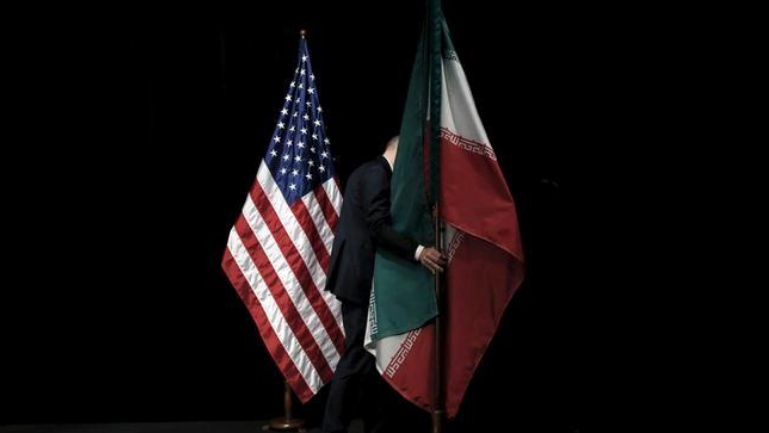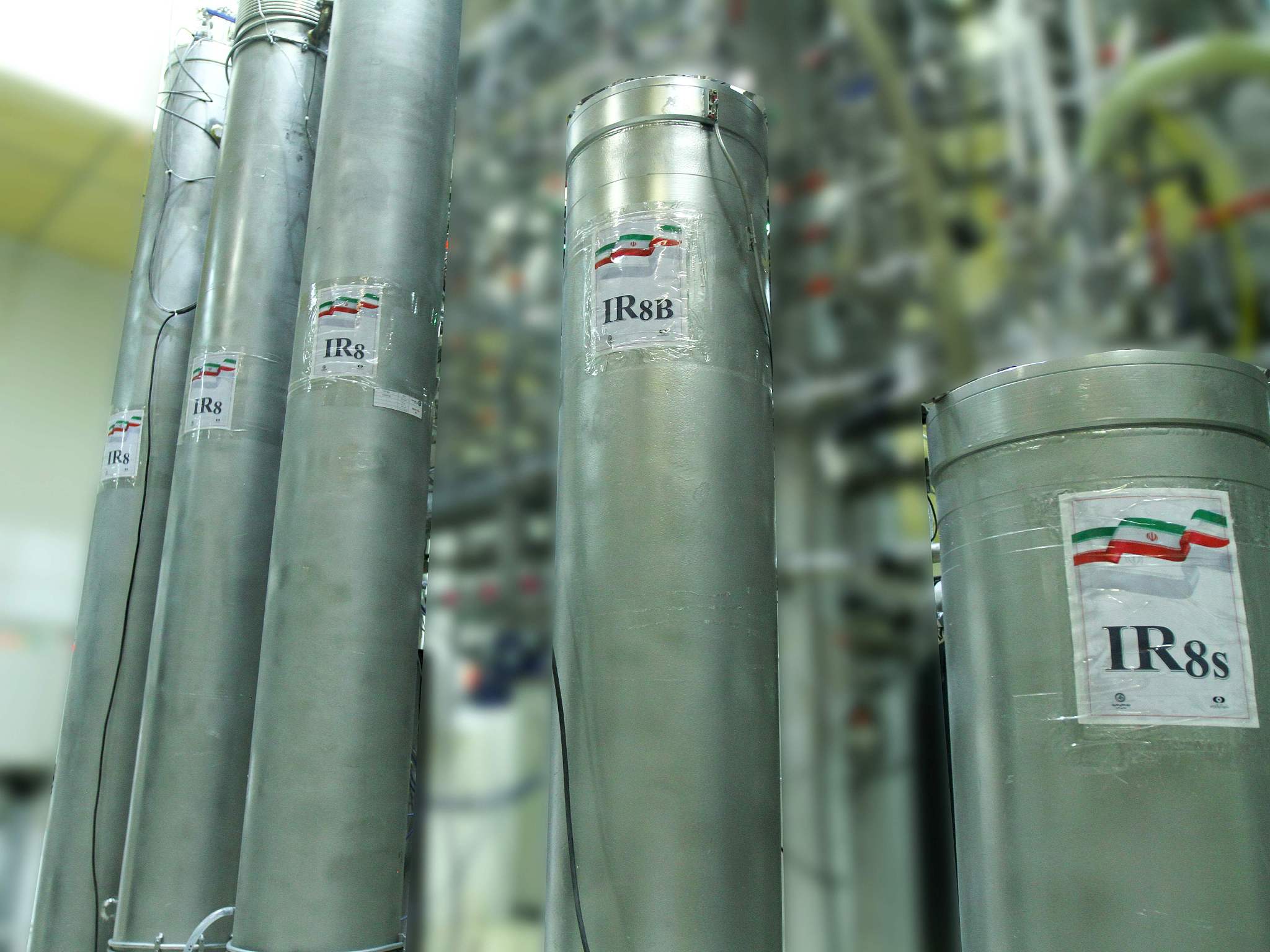
Editor's note: Freddie Reidy is a freelance writer based in London. He studied history and history of art at the University of Kent, Canterbury, specializing in Russian history and international politics. The article reflects the author's opinions and not necessarily the views of CGTN.
While the withdrawal of U.S. troops from Afghanistan was a major American foreign policy objective for President Biden, it wasn't the only one. One of the central pillars of the 2020 presidential campaign was the need to re-join the Iranian nuclear deal, also known as the Joint Comprehensive Plan of Action (JCPOA).
The JCPOA was essentially a trade, lifting decades-old sanctions in exchange for a promise that "Iran reaffirms that under no circumstances will Iran ever seek, develop or acquire any nuclear weapons."
In 2018, former U.S. President Donald Trump unilaterally withdrew the United States from the deal and levied tough sanctions on Iran, leaving the deal hanging precariously as well as the U.S.' own co-signatories.
Despite Joe Biden's early promise to re-enter the U.S. into the JCPOA, a deal drawn up during his two terms as Vice President, the U.S. failed to reengage within the first 100 days of Biden's term. The consequence of this failure is that Iran's negotiating party changed with the election of Ebrahim Raisi and with it has comes new political challenges.
Adding pressure to the talks in Vienna is a report from the UN nuclear watchdog indicating uranium is being refined to a purity of 20 percent from 60 percent. This has prompted the European signatories who are still in the deal, France, Germany and the United Kingdom to issue a joint statement stating that "Iran must halt activities in violation of the Joint Comprehensive Plan of Action without delay."
While China, Russia and the three European powers remained in the JCPOA, it has been hard to uphold the commitment to eased sanctions as nations and organisations dealing with Iran would in turn fall foul of U.S. sanctions.
The tripartite European statement also urged the new Iranian administration to return to talks. "We urge Iran to return to Vienna as soon as possible with a view to bringing them to a swift, successful conclusion."

Equipments of Iran's Natanz nuclear facility. /CFP
Equipments of Iran's Natanz nuclear facility. /CFP
For the U.S., sticking to Biden's electoral pledge is also essential. Over the past two decades, the U.S. has retained a considerable interest in the region, in Iraq and Afghanistan. The withdrawal of U.S. troops from the region also marked a major decline in regional influence and leverage. Coupled with a new and untested Israeli coalition, a failed Iranian policy would be a major blow to America's global standing.
Iran's Foreign Ministry spokesman Saeed Khatibzadeh was quoted by Iranian state television as saying "If the other parties return to their obligations under the nuclear accord and Washington fully and verifiably lifts its unilateral and illegal sanctions [...] all of Iran's mitigation and countermeasures will be reversible. "
However, speaking to the Financial Times, Sanam Vakil, deputy director of the Middle East and North Africa program at Chatham House said that, "the Raisi administration is driven by a need to get a better deal. I don't think they want to change the integrity of the JCPOA, but from their perspective, they are not going to return Iran to compliance without certain guarantees that the deal won't be unraveled again in a few years depending on the whims of an American president. That sort of volatility on the Iranian economy is something I think they can't afford".
However, U.S. lead negotiator Robert Malley poured cold water over the possibilities of such certainty, declaring that "there is no such thing as a guarantee." One would assume international law would afford such guarantees though, casting doubt on just how committed to the 'rules-based internal order' the Biden administration really is. An order with which the president justifies his claim that "America is back".
While history and political face is working against an American–Iranian consensus, the rewards at stake for the two nations and other signatories are surely worthy of a final push. As the European nations cautioned in their statement though, "time is on no one's side." But as Ali Vaez, director of The Iran Project at the International Crisis Group pointed out, "This was never going to be easy, but the hope was both sides would calculate that restoration of the deal would still be the least costly plan." Only time will tell if pragmatism triumphs over national hubris.
(If you want to contribute and have specific expertise, please contact us at opinions@cgtn.com.)

